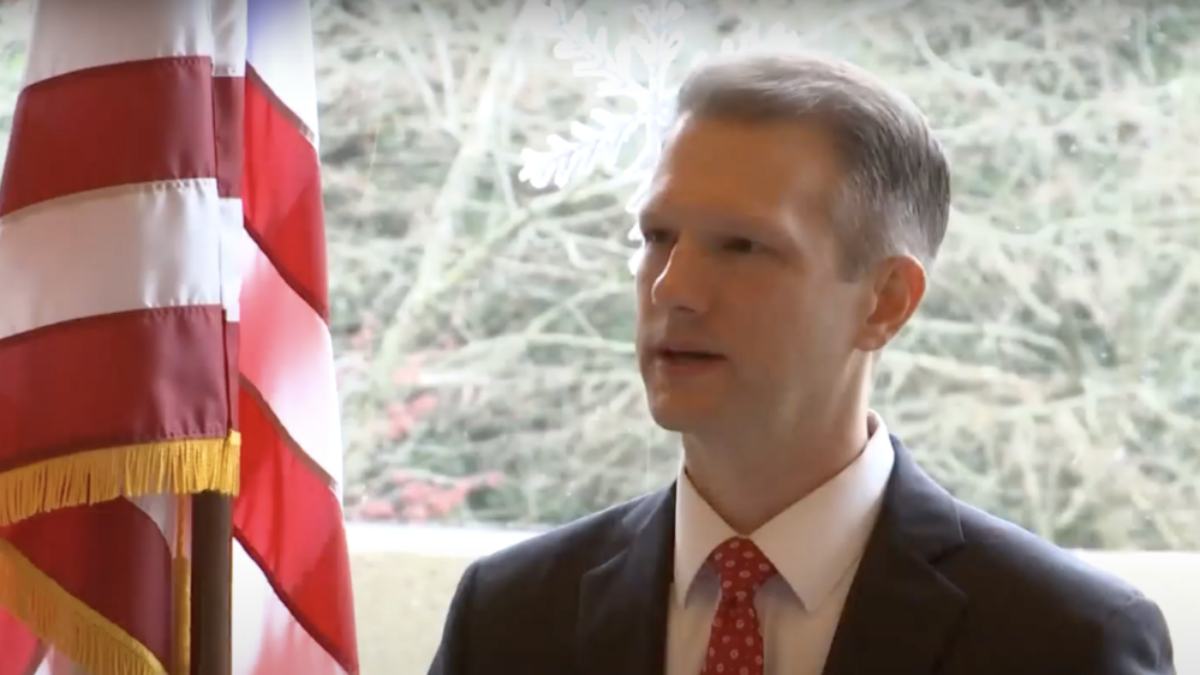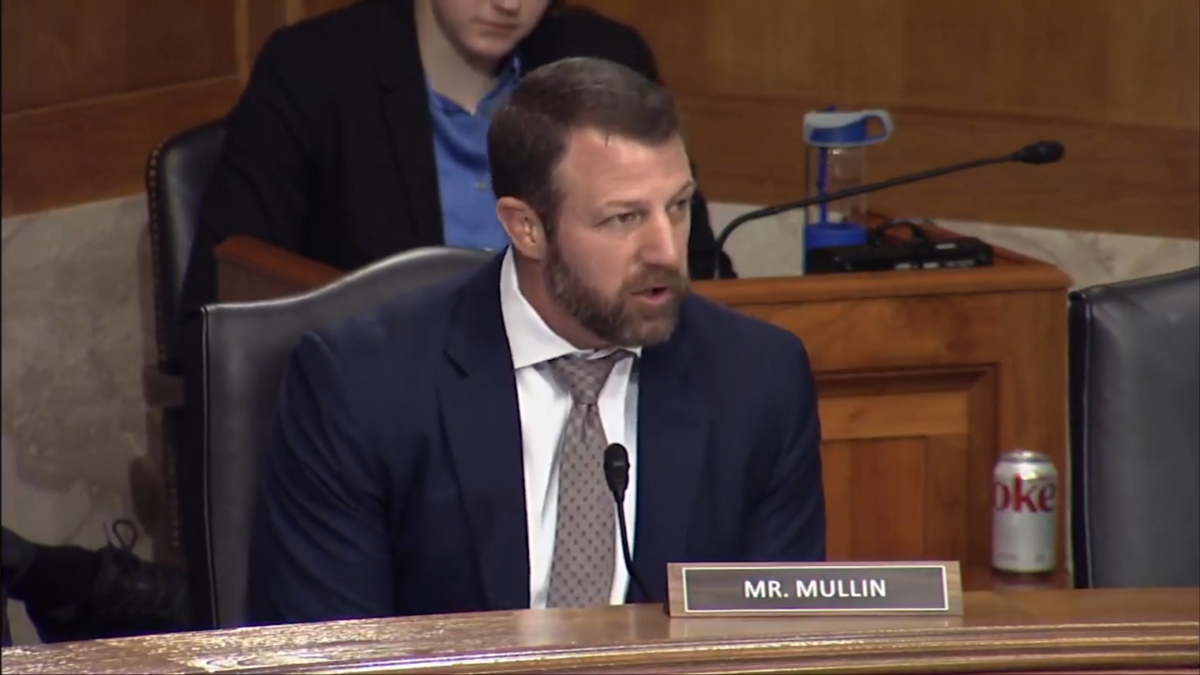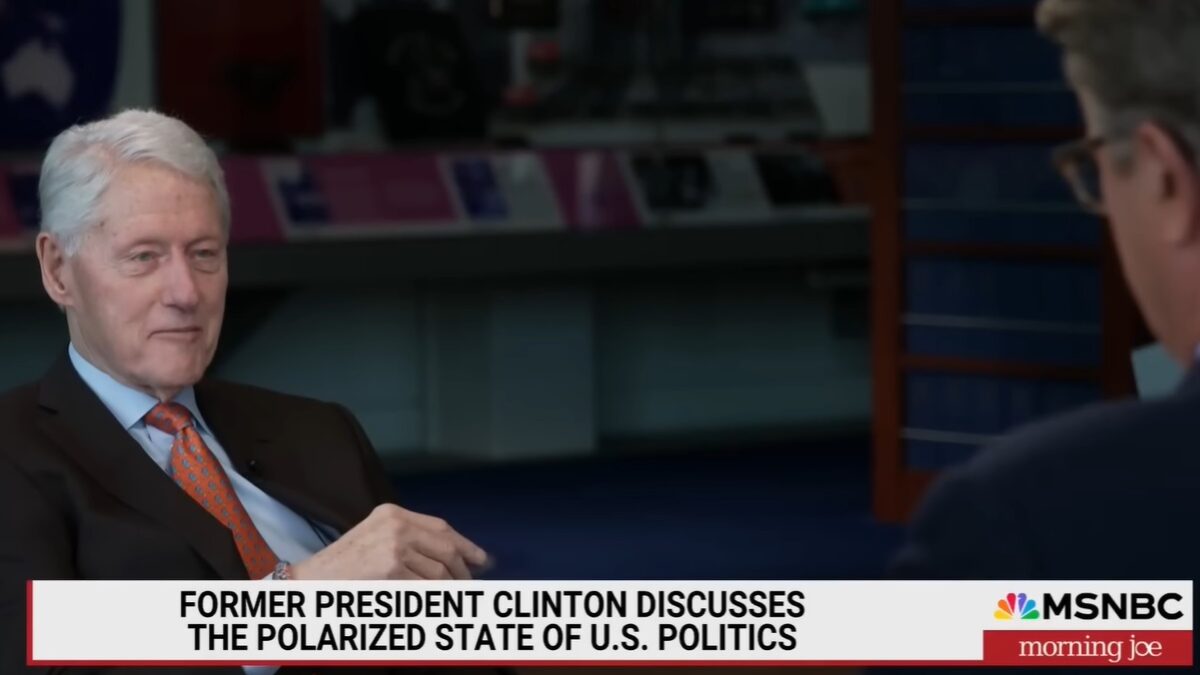On this episode of The Federalist Radio Hour, The Washington Examiner’s senior political columnist Timothy P. Carney joins Culture Editor Emily Jashinsky to discuss the Gamestop stock-buying frenzy, Robinhood’s crackdown, why people are motivated by conspiracy theories, and what cultural phenomenons enable social alienation.
“I’m not going to say I would outlaw this at all but, certainly, Robinhood shouldn’t do that and nobody else should jump into this game of trying to convince people ‘you too can manipulate the market. You too can time stocks,'” Carney said. “That’s just not something that average people should be doing. I’m just too wary of the story of unintended consequences of regulations of that to advocate a regulation.”
Just as Robinhood enabled people to engage in playing a “losing game,” Carney said, the failures of other institutions such as the government and corporate media cause people to seek other mediums to invest their trust, creating a space for the growth of conspiracy theories.
“The distrust of the official narrative is increasingly growing for a variety of reasons. One is that our media and government elites have proven themselves not trustworthy in really important ways … this was obviously people who were lying to us,” Carney said. “Our media constantly, constantly lies to use. They make up rules for us that they don’t follow … the total loss of trust partly from people behaving in an untrustworthy way leads for people to seek certainty and explanations elsewhere.”
Read Carney’s article “Gamestop, Robinhood, and the con that ‘you, too, can pick stocks well'” here.
Listen here:









